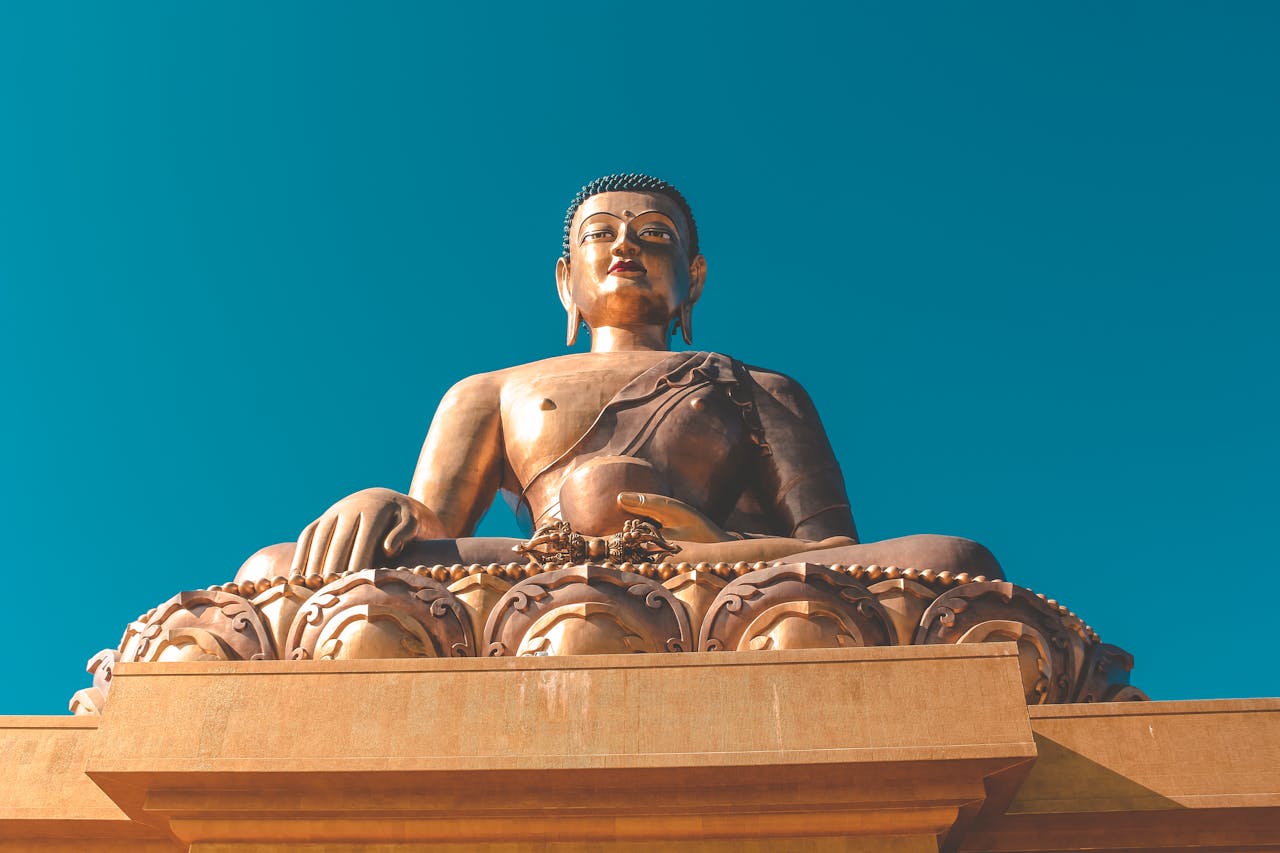Market Research in Bhutan

Bhutan is a remote, tiny kingdom nestling in the Himalayas. It lies between its powerful neighbors, China and India. Drak Yul, the country’s Bhutanese name, means Land of the Thunder Dragon.
The Wangchuck monarchy has been in power in Bhutan since 1907. For centuries, Bhutan cut itself off from the outside world. It feared that outsiders would undermine its monarchy and culture. It opened in the 1970s, with television and the Internet appearing only in 1999.
What Is Market Research in Bhutan?
Market research in Bhutan analyzes the unique cultural and economic landscape of this Himalayan kingdom. With a population that values Gross National Happiness over GDP, market research here often emphasizes consumer well-being and sustainability.
Key Aspects:
- Economic Context: Bhutan’s economy is largely driven by agriculture, hydropower, and tourism. The emphasis on sustainable development influences consumer preferences.
- Methodologies: Both qualitative and quantitative research methods, including surveys and focus groups, are used to gather insights on local consumer behaviors and attitudes.
- Challenges: Geographic isolation and a small population can limit data collection efforts, making tailored approaches essential.
- Benefits: Effective market research helps businesses understand local needs, allowing them to create products and services that align with Bhutanese values and preferences.
Key Industries
Most of the activity comes from cottage industries because craggy mountains extend across the terrain. Thus, it’s expensive and difficult to build roads and other infrastructure.
Agriculture, hydropower, and forestry are Bhutan’s main sources of income. Over 50 percent of its people live off these industries.
Bhutan’s main export is hydropower to India. Once Bhutan sorts out chronic construction delays, it can spur growth in the near future.
Trends
The economy has grown at a moderate pace post-pandemic, and all the data points to that growth continuing over the next few years. Moreover, the country’s modest tax burden supports economic freedom. On the downside, Bhutan has a growing trade deficit. Rising import costs have also impacted the country’s financial health. The government is responding. It has put systems in place to control the prices of essential goods.
Neighborhoods
Thimpu is the capital and largest city of Bhutan and the third-highest capital city in the world. La Paz is the highest, and Quito is the second-highest.
Paro is a small town in a valley with the same name. It’s an excellent location for those who like being close to nature and a wonderful place to visit if you want to see sacred spaces.
Trongsa Dzong is another excellent place to visit in Bhutan. Located in the country’s center, it sits atop a cliff and provides a beautiful view of the Black Mountains and the surrounding valleys.
Benefits and Strengths in the Market

Bhutan has shifted to a new strategy. In 2008, it became a democratic constitutional monarchy. Since then, it has based everything on the principle of Gross National Happiness. In fact, Bhutan has made tremendous progress in promoting gender equality and reducing extreme poverty.
The country’s valleys have abundant water resources, which create the ideal conditions for developing the hydropower sector. This move has spurred further growth. Another key point is that the entire country has access to low-cost electricity.
Consumer Base
Bhutan is experiencing rapid change. The population of the capital, Thimpu, has grown almost fivefold in the last few decades. Despite so many people moving to urban areas, 60 percent of Bhutanese still live in rural areas. The informal sector dominates the economy. Only 23 percent of employment is “regular paid.” Officially, Bhutan is a secular state, but three-quarters of the people practice Buddhism.
Reasons to Grow Your Business in the Bhutanese Market
Setting up a business in Bhutan is a great choice. The country offers many advantages. Our tourism market research in Bhutan has shown great potential. It’s so great that the government has had to put a cap on visitor arrivals.
Bhutanese often study abroad and then return home. Thus, you will have access to skilled human resources, many of whom are English-speaking.
About SIS International
SIS International offers Quantitative, Qualitative, and Strategy Research. We provide data, tools, strategies, reports, and insights for decision-making. We also conduct interviews, surveys, focus groups, and other Market Research methods and approaches. Contact us for your next Market Research project.


